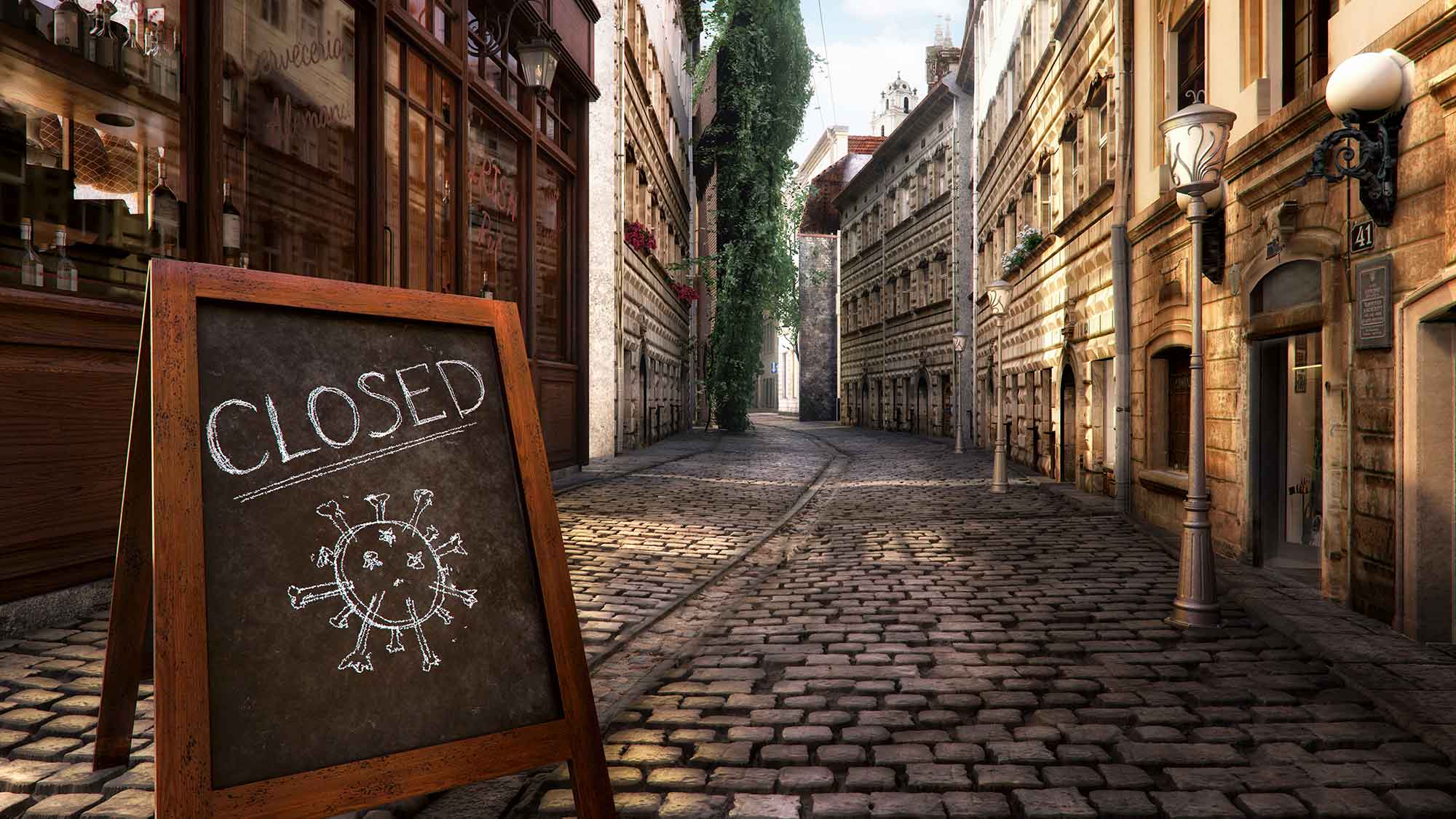 Seb Evans explores the possibility of a second COVID-19 wave and the impact this will have on dentistry.
Seb Evans explores the possibility of a second COVID-19 wave and the impact this will have on dentistry.
In an open letter published in the British Medical Journal recently, healthcare leaders questioned whether the UK is properly prepared for a second COVID-19 wave of the coronavirus. As the government slowly starts to lift restrictions, the open letter highlights the ‘real risk’ of a second peak. It calls for a ‘rapid and forward-looking assessment’ of how prepared the UK is.
Dental practices reopened their doors on the 8 June. But how ready is the profession for a second COVID-19 wave?
‘Fighting for survival’
Stories of dental practices struggling during the COVID-19 lockdown became all too regular over recent weeks. Private dentistry and self-employed dentists/team members often fell through the cracks of any government grants to help. This left many practices ‘fighting for survival’ as we return.
‘I’ve experienced a 100% loss in revenue over the last few weeks,’ Christina Chatfield told Dentistry Online.
‘We are fighting for our own survival and the survival of our patients. Give us the same as everyone else. The vape shop, letting agents and hairdressers in my area are all receiving support.
‘We need the public to value the service we provide.’
Although her staff are furloughed, during lockdown Christina still paid £2,098 a month in retail rates, alongside other fixed costs such as rent and bills.
Stretching finances
Despite stretching finances, dental practices are still having to fork out more for PPE if they want to reopen. The latest NHS standard operating procedure (SOP) says primary dental care providers may carry out both AGP and non-AGP care when wearing appropriate PPE and in line with infection prevention and control guidance.
The cost of PPE can vary, but due to recent demand the price has massively spiked over recent weeks. Add to this the recommendation that surgeries must remain fallow for ~60 minutes after aerosol generating procedures, and financially practices will really begin to struggle. A reluctance of some patients to undertake elective procedures will also have a big impact on dentistry revenue streams.
Many in dentistry are highlighting how unsustainable current guidance is. Addressed to Public Health England (PHE), a British Association of Private Dentistry open letter argues the current guidance ‘is having a detrimental effect on the standards of achievable dental care’. It adds that it could have ‘potentially disastrous’ consequences for the profession.
The BAPD goes on to highlight how England is a ‘notable outlier’ when comparing to countries of similar population densities and COVID-19 infection numbers. It says the current stresses and pressures are contributing significantly to the mental health burden of the profession.
Will dentistry shut again?
Dental professionals, however, are more prepared than most other professions when it comes to a second COVID-19 wave. Dentistry has always been subject to strict cross contamination regulations. So much so that many argued for dentistry to reopen during the height of the COVID-19 outbreak. That’s despite ranking highest in the list of unhealthiest job roles when it comes to risk of infection.
In fact, a number of practices did remain open throughout the lockdown. Kris Leeson and Robert Lewis outlined exactly how Thorpe Dental Group opened as a private urgent dental care hub.
Second COVID-19 wave
It is this track record that I believe will help dentistry should the UK experience a second COVID-19 wave. There is evidence now to show that private practices can remain open with the correct PPE and procedures in place. Some dental indemnifiers have even come out and said they will support members if they’re not wearing fit-tested PPE. So a ‘new form’ of dentistry can certainly continue, should the rest of the UK go back into lockdown.
The question remains as to whether this new normal is a viable way of delivering dental care. With increased costs and unused surgeries while they remain fallow, there is no way some practices can continue. They certainly cannot deliver the same quantity of UDAs they were delivering before lockdown. And private dentistry costs will increase, which might make it unattainable for many.
If there is a second COVID-19 wave, some form of dentistry will continue. But it remains to be seen how many practices can survive the financial impact that it will bring.


